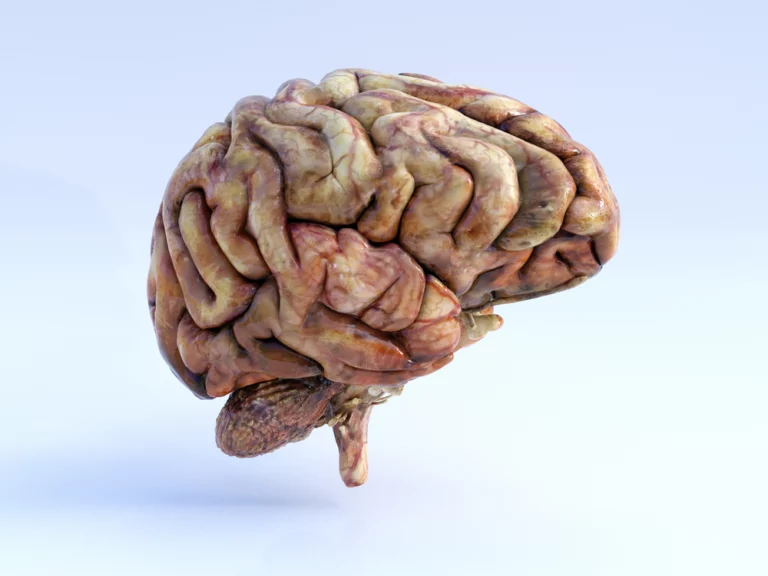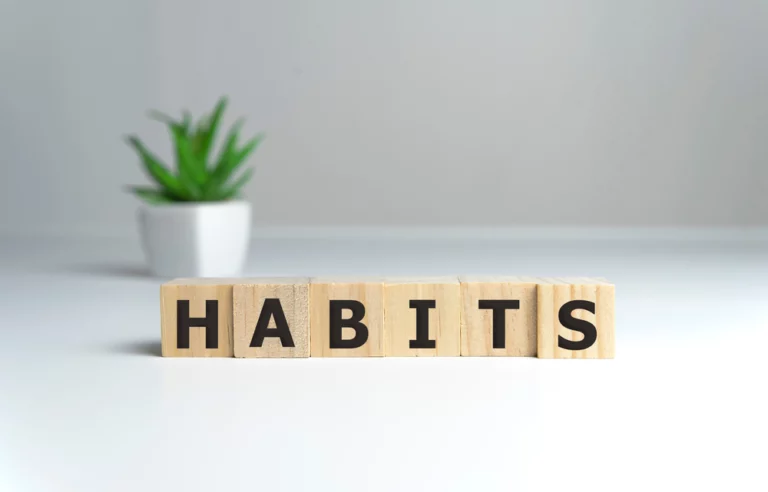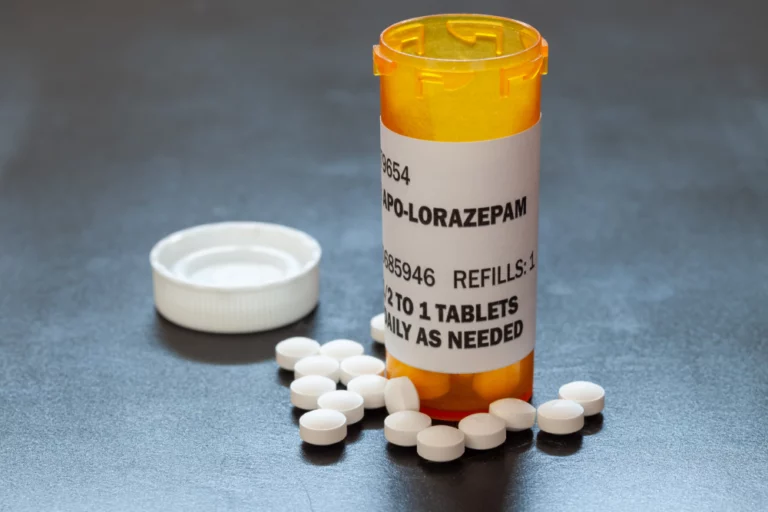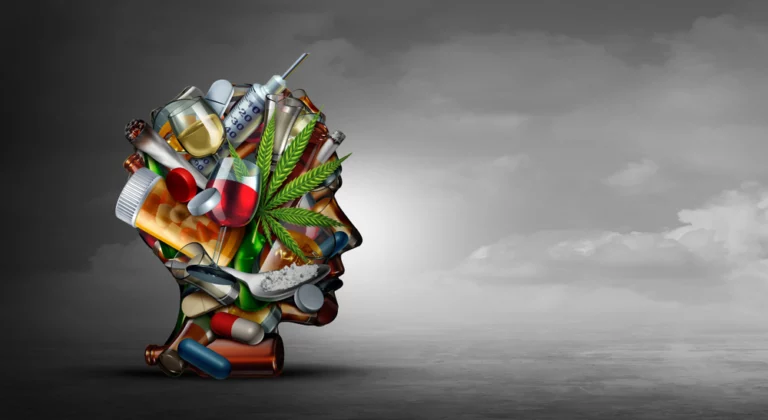Before diving into the subject of gratitude vs. self pity in recovery, I want to make a distinction between self pity and feeling bad about very bad things that happened to us.
Many of us who are addicted had traumatic experiences in life and suffer from what’s called Post Traumatic Stress Disorder (PTSD). The events were real and had very profound effects on our lives, especially if they happened when we were children. We may have used our drug of choice as a way of dealing with these traumatic events. Trauma-informed care can be an effective tool in dealing with PTSD. With the help of a trained therapist, we can learn to effectively deal with the past events and the negative thoughts and feelings surrounding them so that we no longer have to self-medicate. We will never forget these events, but we can learn coping skills and healing techniques that will allow us to remain sober and live healthier lives.
The self pity that I am talking about is only looking at the negatives in life – seeing the glass as half empty as opposed to half full. My addiction began during my teens, and I was focused on feeling good. I looked to cigarettes, alcohol and other substances to feel better. I didn’t know it at the time but I was using these substances to self medicate a mental health issue. My thinking at the time was that I was using the substances to have fun. I didn’t have a good outlook on life and the substances were my medicine. Without my medicine, I couldn’t see my life in a positive way or enjoy life. I couldn’t see my life as the glass being half full. Alcohol is a depressant and, while it gave me short-term relief at times, it didn’t help with my view of life and of myself over the long term.
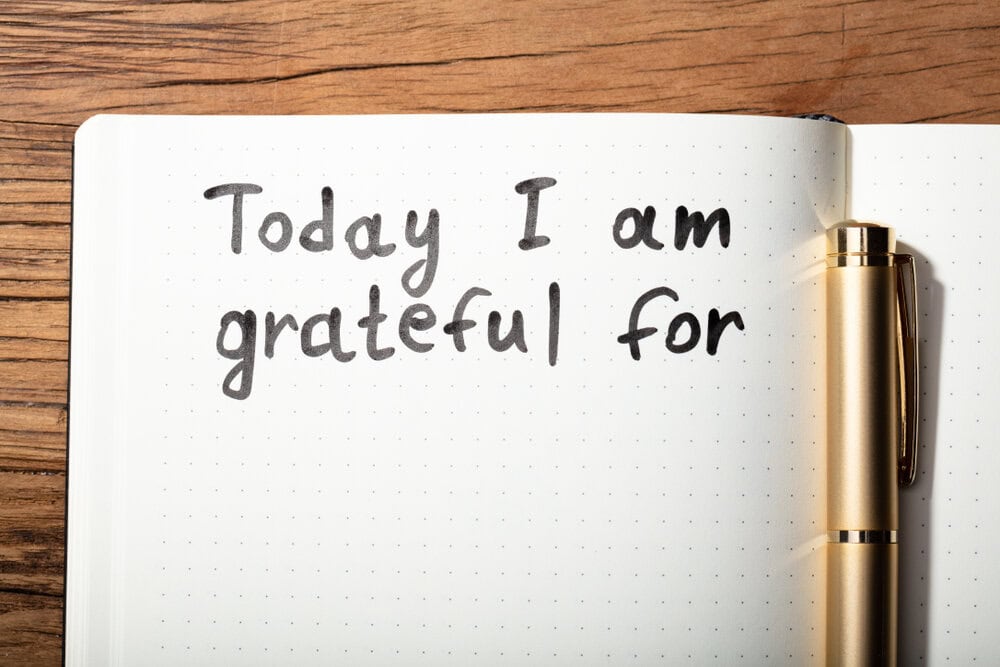
Practicing Gratitude
Eventually I got sober and addressed the mental health issue. Those things helped a lot and gave me a foundation to begin building a healthier life. After being sober a while, I realized that part of my problem was my perspective on life. I surrounded myself with people who were in recovery and they talked about gratitude and self pity. They talked about being grateful for little things like a roof over my head, food on my table, a car to drive, a job, good health, and other basic things. This, like many other simple ideas in recovery, was revolutionary for me. Rarely did I feel gratitude for things or people in my life.
In recovery, I began to practice gratitude. When I prayed, I started thanking my Higher Power for my sobriety, family, friends, and the other blessings in my life. I started to find gratitude in non-material things like peace of mind, serenity, and self esteem. This act helped me feel better about my life. I started to realize that my life wasn’t so bad after all. It wasn’t all negative. It was pointed out to me that at times I “over generalized” by taking a negative and painting my whole life with it. While I had some things that were not so great, I had many things that were. In sobriety, my eyes were opened to see these gifts. It’s worth noting that a person does not need to pray or believe in a Higher Power to be grateful. Gratitude can be felt and practiced anytime and anywhere, regardless if someone believes in a Supreme Being or not.
Connect With Us Now
Reach out to us now for immediate support, or let us know the best time to contact you through our confidential callback service. Your journey to healing is just a conversation away.
Way of the Peaceful Warrior
In his book Way of the Peaceful Warrior, author Dan Millman talks about Zen Buddhist teachings that he learned and how they can be applied in life. Gratitude is among the topics he discusses. Millman emphasizes finding pleasure in the simplest things – being childlike.
“The secret to happiness is to enjoy less, not in seeking more,” he says.
My disease was always about seeking more – more of everything, which usually left me in a state of dissatisfaction. Maybe my substances of choice made me feel satisfied briefly, but it was always fleeting, requiring another hit or drink to get a buzz. I was trying to fill that hole inside me with substances.
What is the way of the peaceful warrior? Millman says, “Calm, quiet, and satisfied is the way…Do not look for externals to satisfy you…Grateful for very simple things is the path.”
These ideas are contrary to what we often see in the media and hear in ads. Companies and advertisers tell us we need a certain product to be our best or to look our best. Their message is often that we are incomplete without their product. You don’t hear advertisers telling us that we are fine just the way we are, that we are whole and perfect.
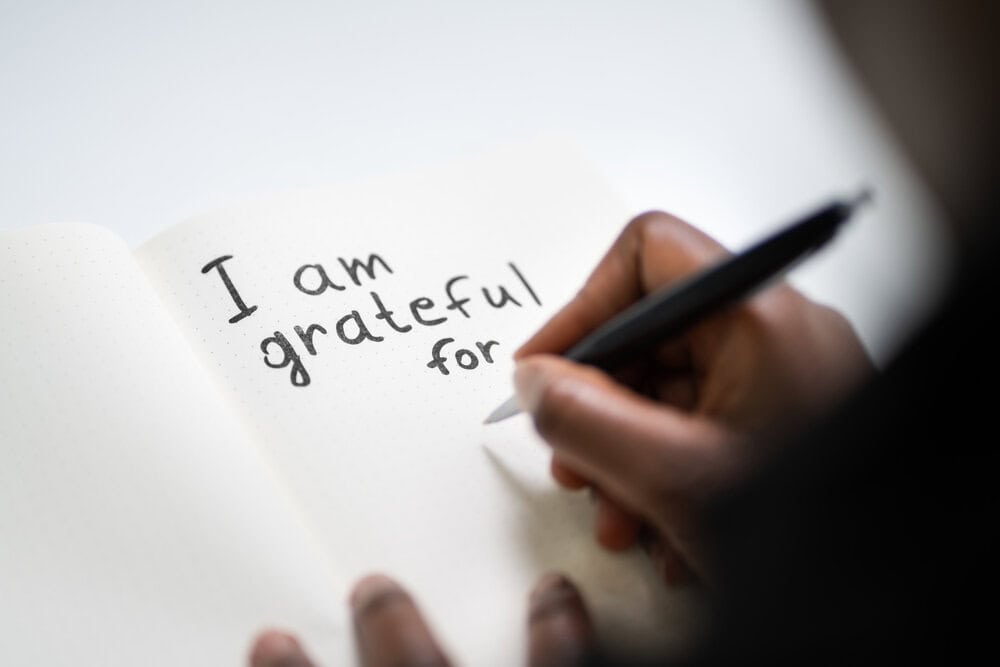
Gratitude: An Antidote to Self Pity
I’ve found gratitude to be a powerful tool in recovery. If I have some issues, problems, or what I call “non-preferences” (things I don’t like) in my life, I can stop and think about the good things I have too. Instead of just focusing on the “bad” things, I can find balance by focusing on what’s going well in my life. There are times in life when we will have both positives and negatives happening simultaneously. By acknowledging both, we can get a realistic view of our life and live in the “center” where life, at times, isn’t all good and it’s not all bad. It’s the middle path or the middle way.
When I start focusing on the negatives and start feeling sorry for myself, I can practice gratitude to help bring me out of my funk. Gratitude is a great antidote to self pity and the “poor me’s.” It can give me the proper perspective or clarity I need during challenging times. You often hear people who have lost their homes in tornadoes say things like, “I lost my house, but I have my family and my life. The home can be replaced.” My experience is the more I focus on the good things in life, the happier and more content I am. Sometimes I have to ask myself, “What am I focusing on right now?” “Am I looking at the good things in life too?” Writing down the things I’m grateful for (in the form of a Gratitude List) can be helpful.
Dealing with Tough Times
There will be times, though, when life deals us tough blows. In those moments when a number of challenges hit at once, it can be hard to practice gratitude. We might get into a funk or even become depressed. If we do, we can just acknowledge that we’re in a funk and do what we can to: 1) stay sober, 2) address the issues at hand to the best of our ability, and 3) not beat ourselves up if we get down or if we don’t handle things perfectly. If the depression lingers or worsens, we can seek professional help if needed. We can remind ourselves that a situation is temporary and that “This too shall pass.”
If we are a member of Alcoholics Anonymous, Narcotics Anonymous, a church or some other group, talking with our sponsor in recovery or a friend about our troubles can help lighten our load. I’ve heard it said, “A problem shared is a problem halved.” Studies have shown that this age-old adage has merit. Even if I’m going through a tough time, I can be grateful that I have friends to lean on. Who knows, maybe that friend needs someone to talk to about their problem. Listening to others can help me forget about my troubles.
Lastly, I can be grateful that I don’t have to take a drink or drug over any problem. I can be grateful for my sobriety and feel good about the progress I’ve made in dealing with life’s ups and downs in a healthier way.
What is your experience with practicing gratitude in recovery? Share your thoughts with me, Steve W., [email protected].




